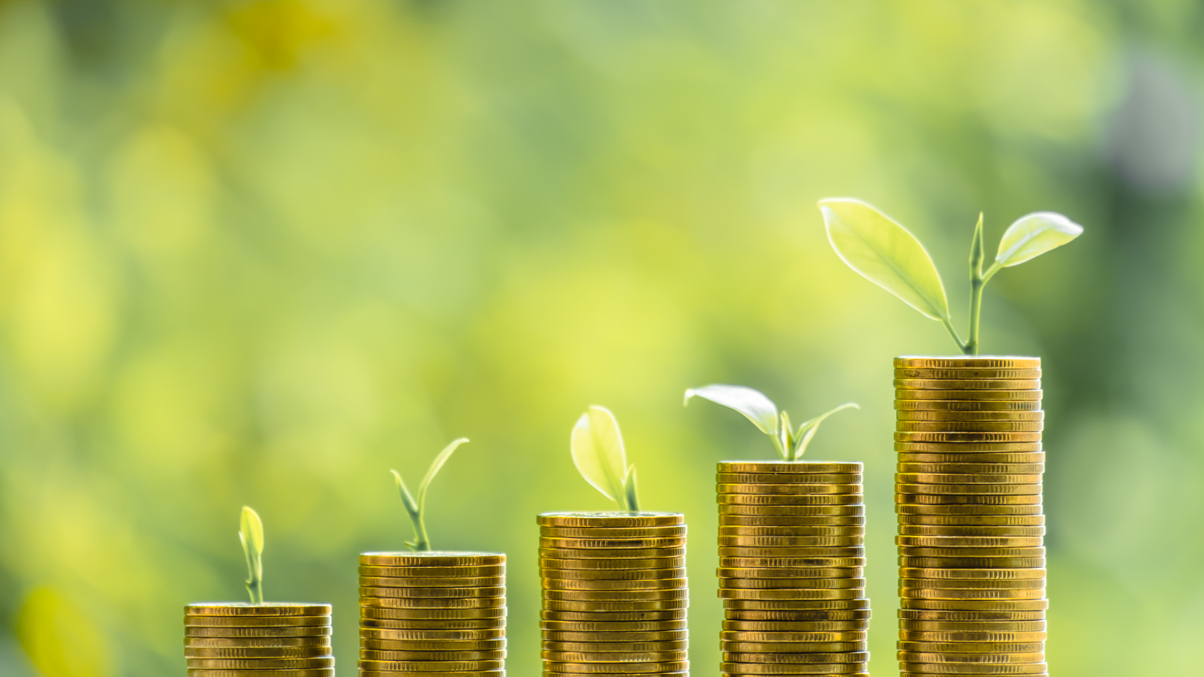Governments must be in on the act for sustainable investing, say experts
Collaboration between policymakers and the investment community is crucial for the sustainability of sustainable investing, and this synergy will prove particularly useful for developing markets in Asia.

The transformation to a low-carbon economy, highlighted at this month’s COP27 meeting in Sharm el-Sheikh, will require a global capital commitment of at least $4-6 trillion a year. Much of this is expected to come from private investments.
Sign in to read on!
Registered users get 2 free articles in 30 days.
Subscribers have full unlimited access to AsianInvestor
Not signed up? New users get 2 free articles per month, plus a 7-day unlimited free trial.
¬ Haymarket Media Limited. All rights reserved.


